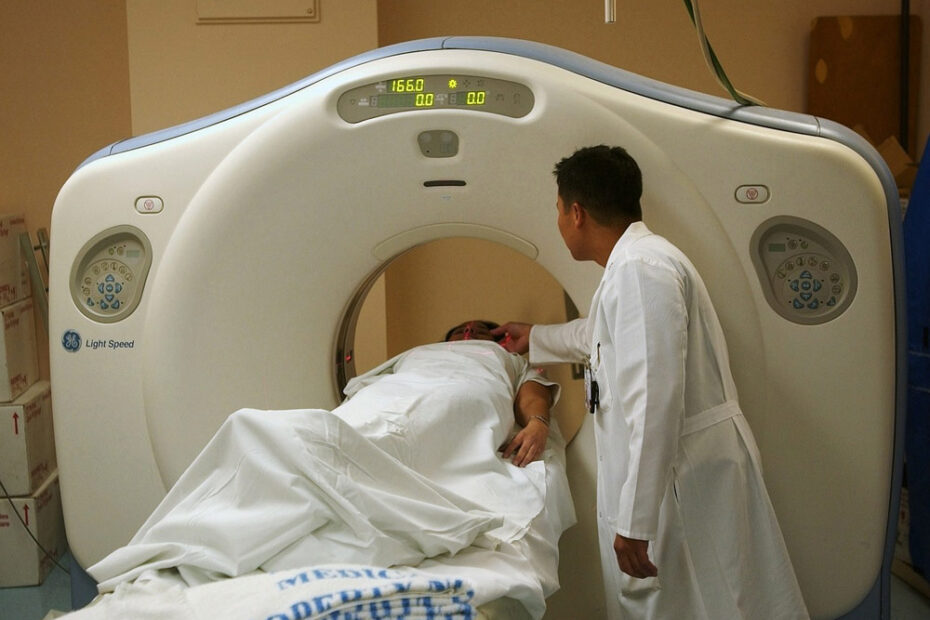Imagine being diagnosed with cancer. Now imagine being diagnosed with advanced or terminal cancer and learning that, if it had been detected sooner, it could have been cured.
Imagine the shock. The disbelief. The fear. The anger. After all, this isn’t your fault. You’ve always had regular check-ups, exercised, followed a healthy diet. You’ve always listened to your doctors, because you trusted them. Now you’re wondering if you can sue the doctor(s) who failed you when it mattered most. The answer is: “yes”.
In Australia, mistakes frequently result in the misdiagnosis of colon, lung, cervical and oesophageal cancers. According to one estimate, roughly 12% of cancer cases involve failure of a doctor to take the appropriate medical actions for the patient’s welfare. Patients in this type of situation often sue their doctors. Specifically, they do so when their diagnoses are delayed due to their doctors’ failure to:
- require follow-up appropriate screening and testing, such as biopsy, mammography, colonoscopy, CT scan or MRI;
- spot common cancer symptoms or follow up with the patient concerning symptoms;
- decipher laboratory and test results;
- identify a condition as cancer (resulting in misdiagnosis);
- acquire necessary patient information and history;
- spend enough time with patients to address symptoms;
- follow up with patients and the referred specialist(s).
In the scenario detailed above, you could also pursue a medical malpractice claim. In order to be successful, however, you must generally prove:
- the failure to diagnose your illness caused your suffering;
- the doctor’s negligence was the immediate cause of your physical and/or mental harm;
- the treatment provided by your doctor did not meet Australian standards.
You should also be aware that there are certain criteria that are specific to a medical malpractice claim based on delayed diagnosis. In Tabet v Gett, the High Court established that a plaintiff in a medical malpractice case could not win based solely on the argument that there was a possibility of a better result if the doctor wasn’t negligent. What this means in a delayed diagnosis case, is that you must prove that there would have been a significant difference in the treatment rendered and the result given a prompt identification of the disease.
For instance, you would have to present evidence that earlier identification and intervention would have kept your cancer from spreading to the extent that it has. Or you would have to prove that an inoperable tumour, for example, could have been excised if the doctor had diagnosed your condition sooner. You may also prevail if you could show that the chemotherapy or radiation therapy you must now undergo wouldn’t have been necessary if you had originally received a prompt and proper diagnosis.
Another important distinction is that in most medical malpractice cases, you can seek compensation for all past, current, and future costs based on the losses you have incurred. This may include but is not limited to compensation for pain and suffering, loss of income due to the inability to work, the inability to work, medical expenses and so forth. In a delayed diagnosis case, you may also seek compensation for these losses, however the amount ultimately awarded if you win your case will be based on the expenses that can be directly attributed to the delay.
Having said that, applicable laws are constantly evolving and tend to be complicated. Because the outcome will largely depend on your unique circumstances, it is important to obtain proper advice if you are suffering from cancer that was not diagnosed promptly and you’re now considering legal recourse.
If you are thinking about suing your doctor, you should also be aware that there are strict deadlines (usually three years, depending on the jurisdiction) for doing so. Because the clock starts upon discovery of the delayed diagnosis, it is important to seek legal advice as soon as possible so you don’t lose your right to sue. Your life is already at stake so don’t leave anything to chance. Contact our Sydney worker Compensation Lawyers today.
